As the automotive industry goes electric, the debate between hybrid vehicles and pure electric vehicles (EVs) intensifies. While pure EVs are celebrated for their zero emissions and advanced technology, hybrids offer a balanced middle ground that combines the benefits of both internal combustion engines and electric motors. Here are thirteen compelling reasons to choose a hybrid over a pure electric vehicle.
Extended Driving Range
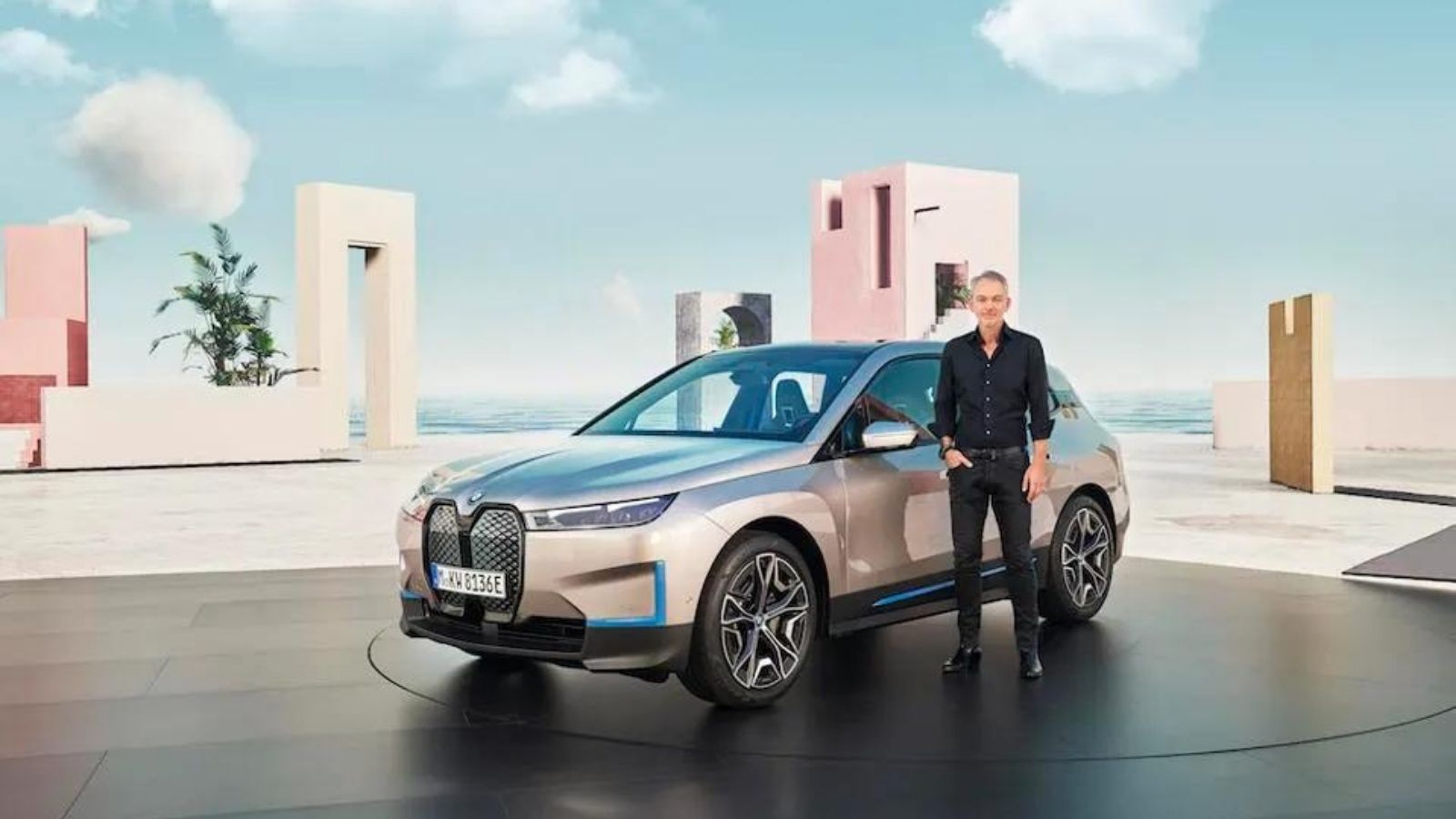
One of the most significant advantages of hybrid vehicles is their extended driving range compared to pure EVs. Hybrids combine a gasoline engine with an electric motor, allowing them to travel further without refueling or recharging. This dual-source power system eliminates range anxiety, making hybrids more practical for long-distance driving and rural areas with limited charging infrastructure.
Faster Refueling Times
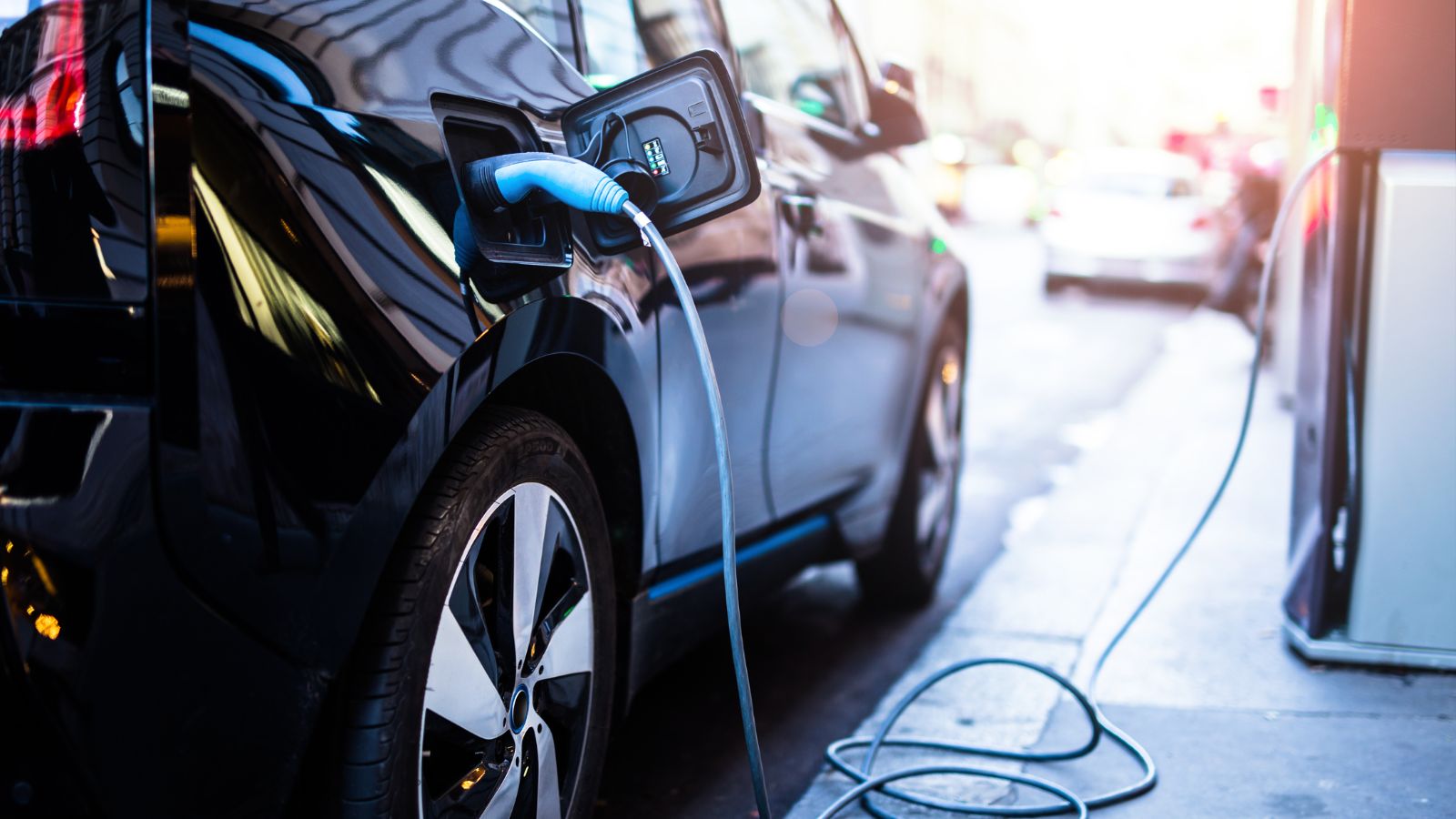
Refueling a hybrid vehicle is significantly quicker than recharging a pure EV. Filling up a gas tank takes only a few minutes, whereas charging an electric vehicle can take anywhere from 30 minutes to several hours, depending on the charging station and battery size. For drivers who are frequently on the go and need help to afford lengthy stops, hybrids provide a more convenient solution.
Broader Availability of Fuel Stations
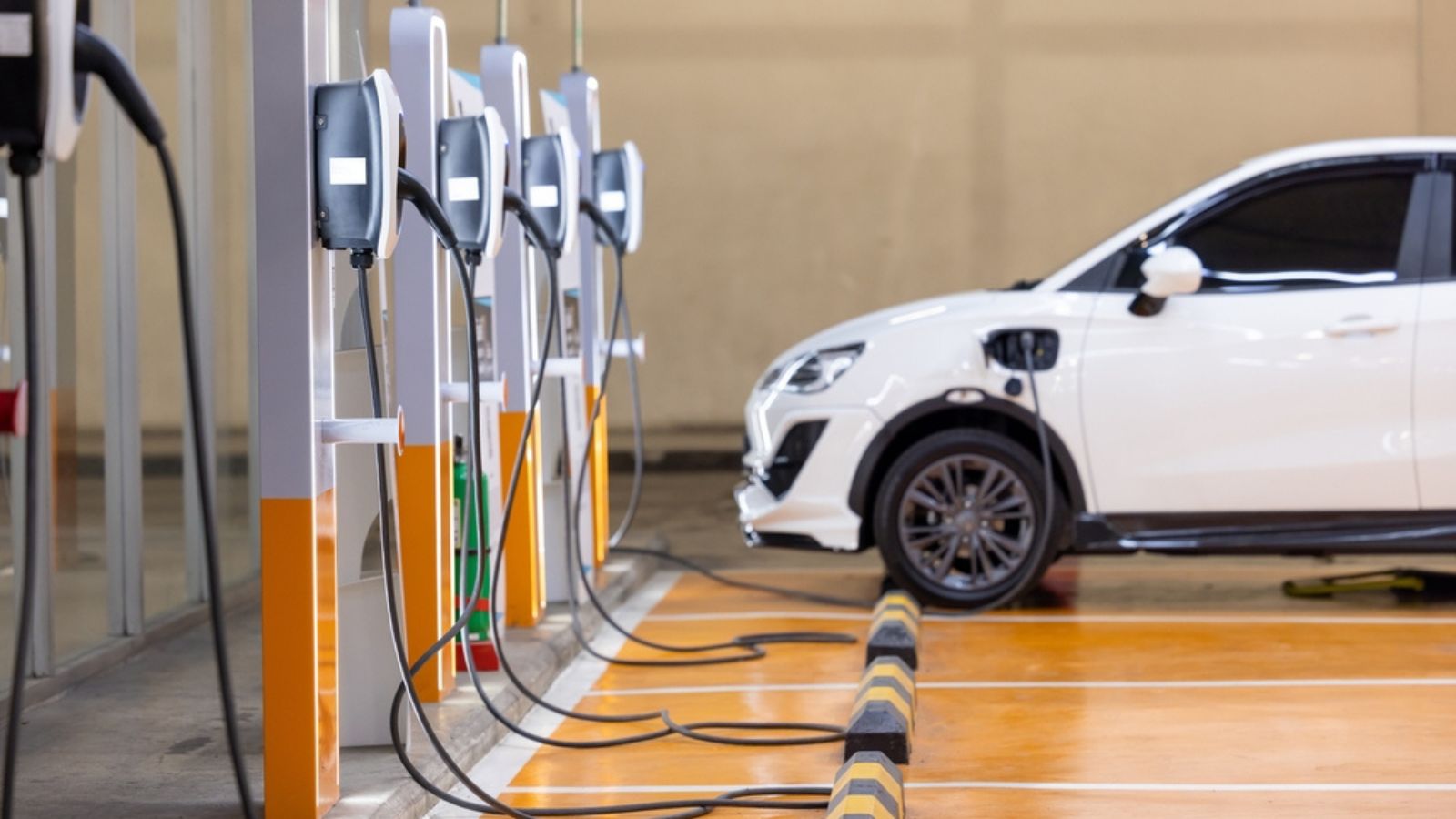
Gasoline stations are ubiquitous and far more widespread than electric charging stations. This extensive network ensures that hybrid drivers can easily find a place to refuel, regardless of location. On the other hand, Pure EV drivers may need help finding charging stations, especially in remote or less developed areas.
Lower Initial Cost
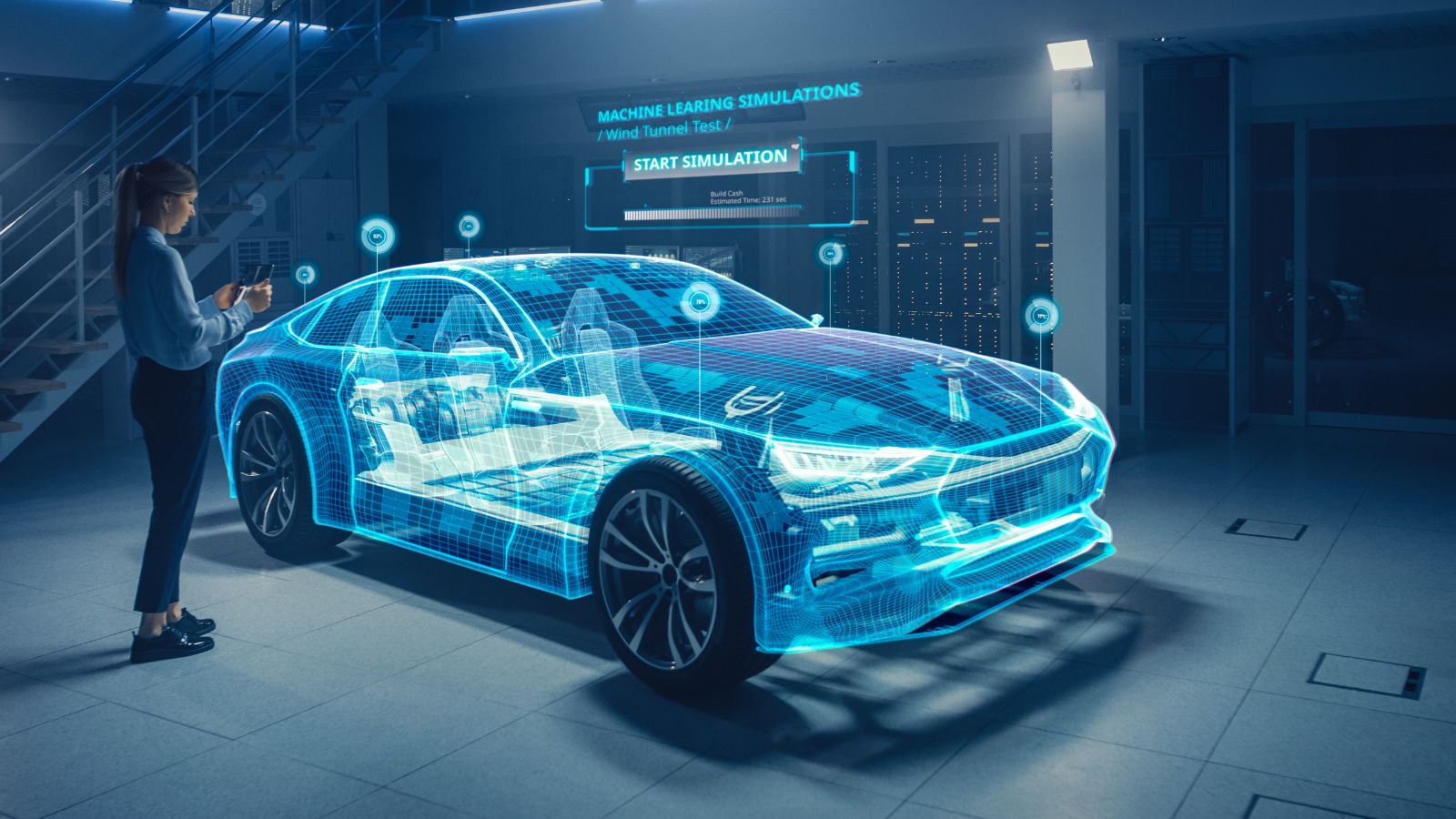
Generally, hybrids are more affordable than pure electric vehicles. The advanced battery technology and extensive research and development into EVs often result in higher purchase prices. Hybrids present a more cost-effective alternative for budget-conscious consumers who still want to reduce their carbon footprint.
Less Dependency on Charging Infrastructure

While the charging infrastructure for EVs is expanding, it still needs to be developed as the network of gasoline stations. Hybrids do not rely solely on charging stations, which means owners are less dependent on the availability and development of charging infrastructure. This independence offers peace of mind, especially in regions with sparse charging options.
Reduced Range Anxiety

Range anxiety, or the fear of running out of battery power before reaching a charging station, is a common concern among EV owners. Hybrids mitigate this issue by combining an electric motor with a gasoline engine, ensuring drivers have a backup power source if the battery depletes. This dual-fuel system provides added security for longer trips and unpredictable driving patterns.
Familiar Driving Experience

For many drivers, transitioning from a traditional gasoline vehicle to a pure EV can be a significant adjustment due to the different driving dynamics and controls. Hybrids, however, offer a more familiar driving experience, blending the conventional operation of a gasoline engine with the efficiency of an electric motor. This familiarity can ease the transition for those new to electric propulsion.
Better Performance in Extreme Temperatures

Extreme temperatures can affect electric vehicle batteries, reducing their range and efficiency. Hybrids, however, can rely on their gasoline engines in harsh weather conditions, ensuring consistent performance. This makes hybrids more reliable for drivers living in areas with extreme temperatures, whether hot or cold.
Access to Incentives and Rebates
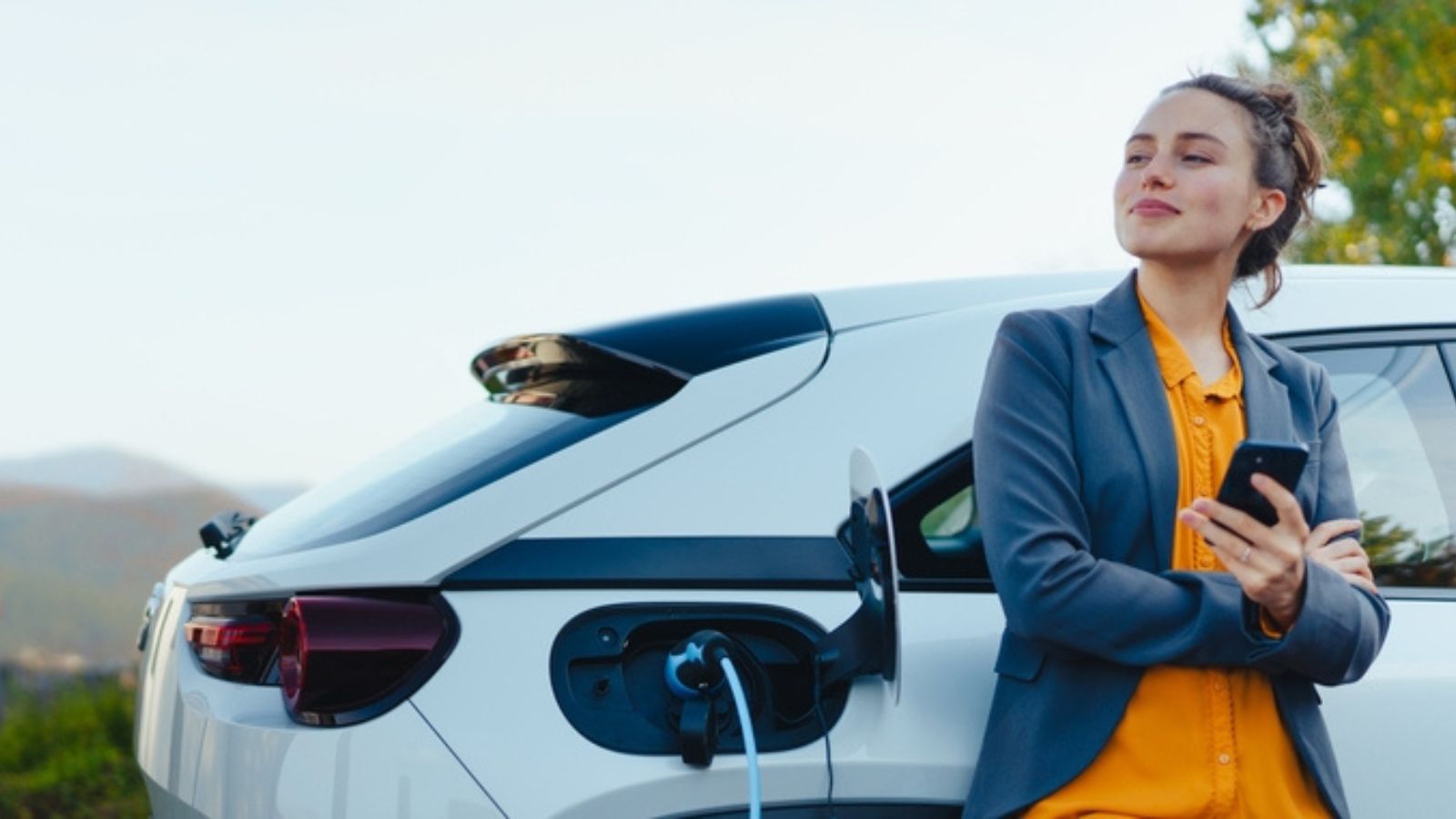
While pure EVs often receive government incentives and rebates, hybrids are also eligible for financial benefits. These incentives can significantly reduce the overall cost of a hybrid vehicle, making them an attractive option for cost-conscious buyers looking to benefit from cleaner technology.
Lower Emissions Than Conventional Vehicles

Although pure EVs boast zero tailpipe emissions, hybrids still significantly reduce greenhouse gases compared to traditional gasoline vehicles. By utilizing an electric motor for part of their operation, hybrids consume less fuel and produce fewer emissions. This makes them a more environmentally friendly choice without the limitations of a purely electric powertrain.
Improved Fuel Efficiency
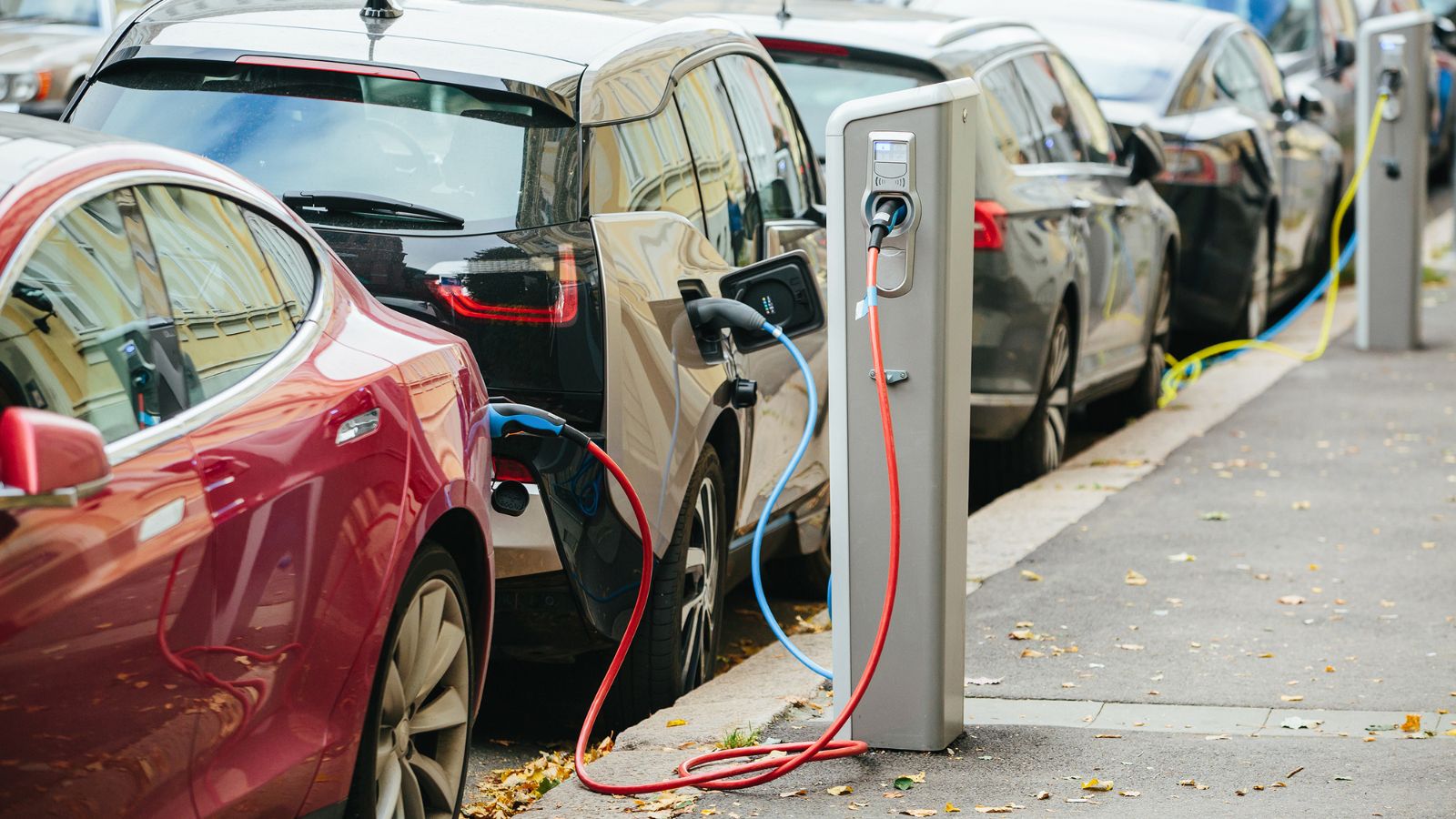
Hybrids are designed to maximize fuel efficiency by switching between the gasoline engine and electric motor as needed. This intelligent energy management results in better fuel economy, reducing the frequency of refueling stops and lowering overall fuel costs. For drivers seeking to save money on fuel without sacrificing convenience, hybrids are an excellent choice.
Gradual Transition to Full Electric
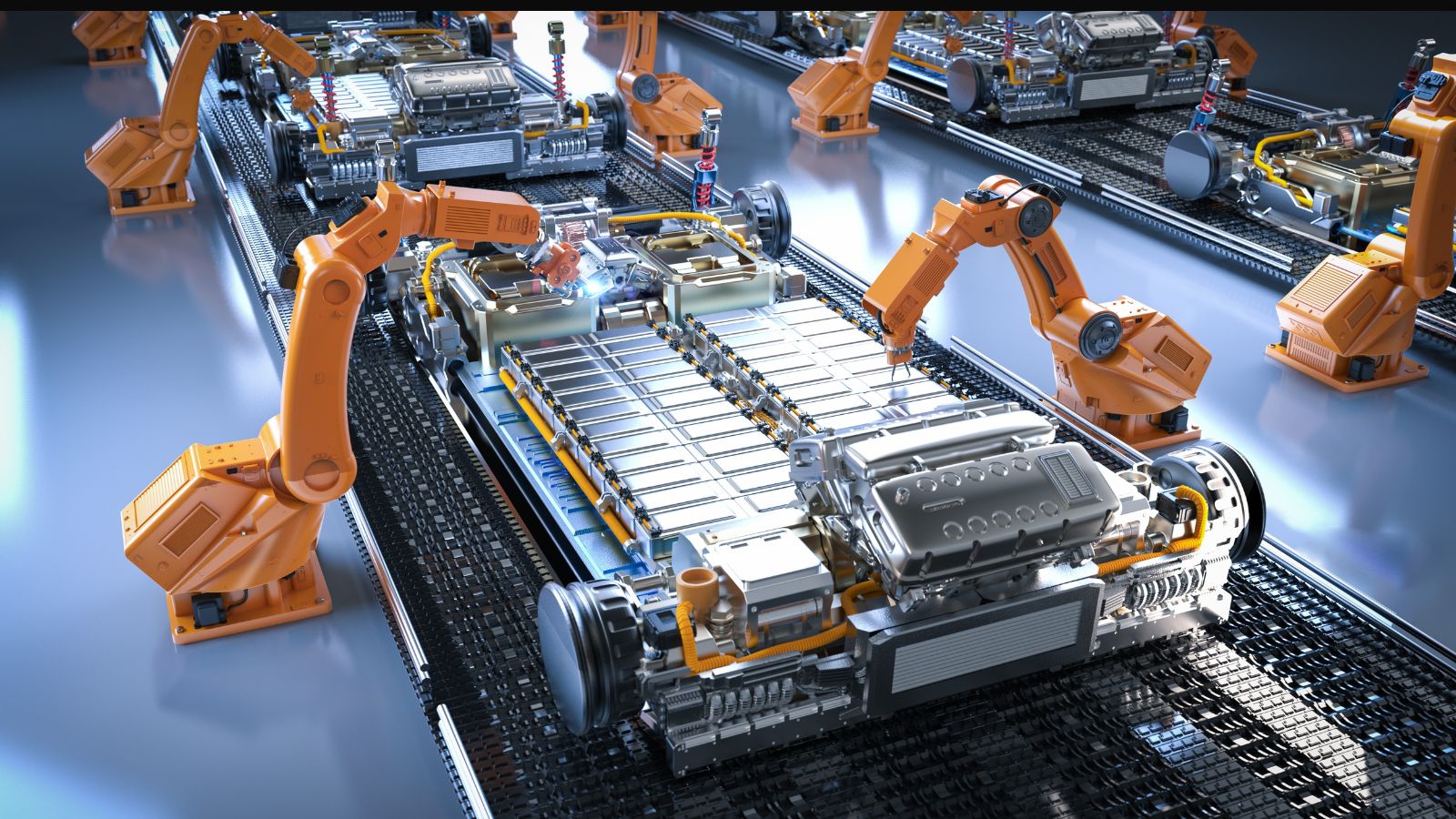
Hybrids are an ideal stepping stone for drivers interested in eventually moving to a pure electric vehicle but still deciding whether to make the full leap. They offer the opportunity to experience the benefits of electric driving while still retaining the reliability and familiarity of a gasoline engine. This gradual transition can make the switch to whole electric less daunting.
Greater Vehicle Options
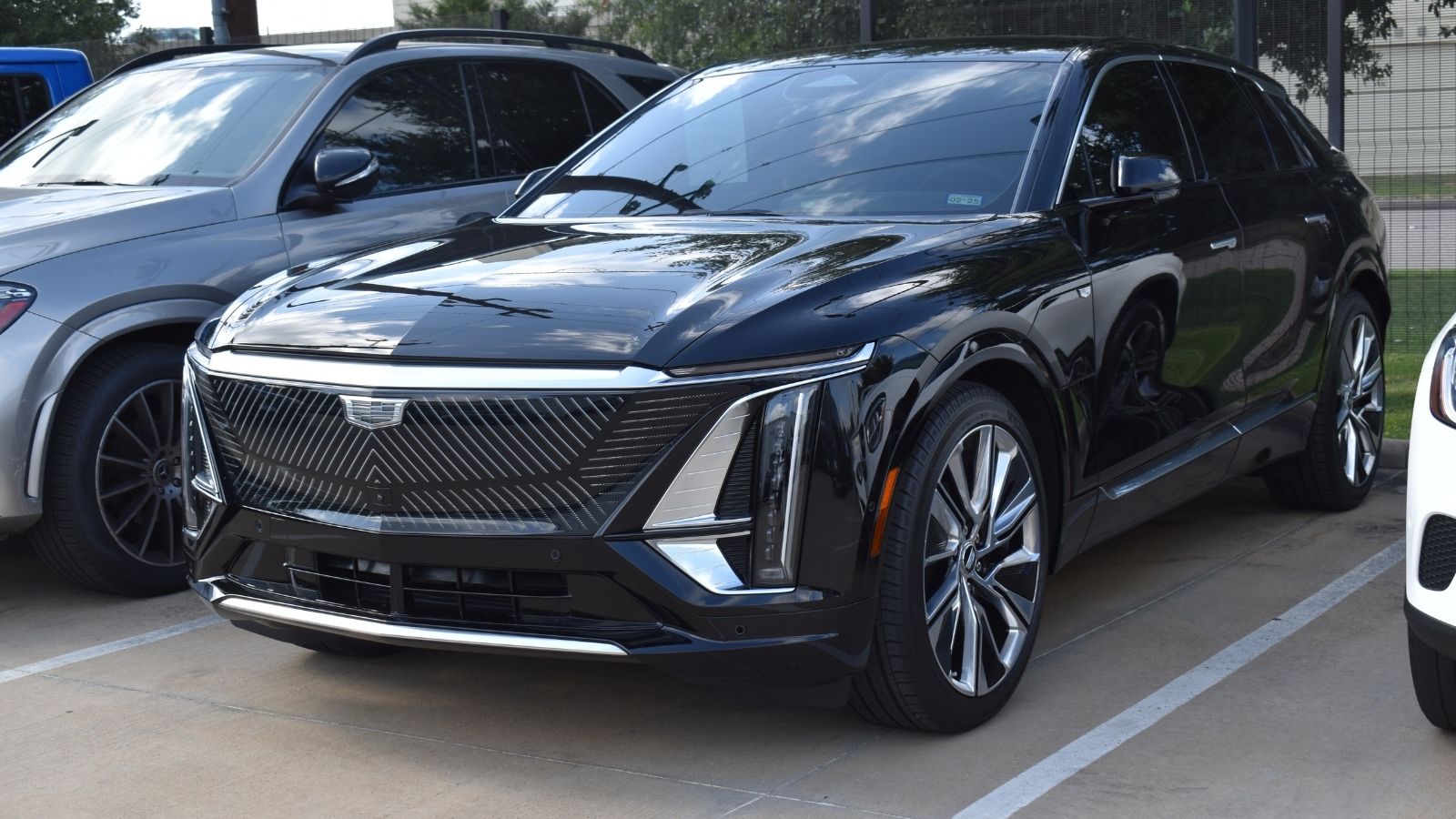
The market for hybrid vehicles is well-established, offering various models from various manufacturers. This variety ensures that consumers can find a hybrid that suits their needs, whether they are looking for a compact car, an SUV, or a luxury vehicle. While growing in number, Pure EVs still offer fewer choices compared to the diverse lineup of hybrids available.
The 10 Most Reliable Car Brands According to Mechanics
When choosing a car, one of the most crucial factors is reliability. But what exactly does it mean when we say a car is reliable? Reliability refers to the vehicle’s ability to perform consistently well over time with minimal issues. A reliable car requires fewer repairs, is cost-effective to maintain, and offers peace of mind to the owner. In this article, we delve into the ten most reliable car brands according to mechanics, explaining why these brands are trusted and highlighting endorsements from institutions, car experts, and reputable websites. The 10 Most Reliable Car Brands According to Mechanics
